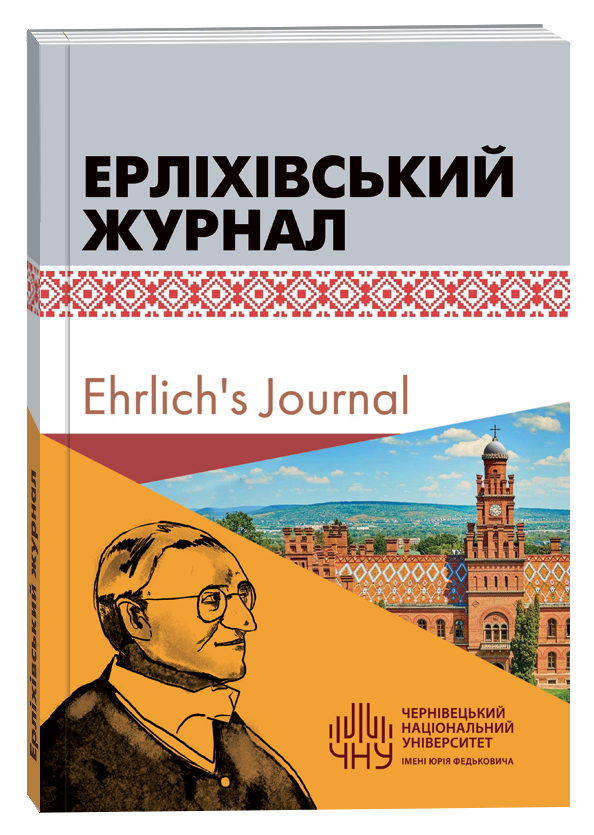MODERN UKRAINIAN TRANSLATIONS OF EUGEN EHRLICH’S PAPERS
DOI:
https://doi.org/10.32782/ehrlichsjournal-2021-5.01Keywords:
interpretation of law, flawless of law, praeter legem law-making, contra legem law-making, scientific priority, legal methodologyAbstract
The article deals with E. Ehrlich’s interpretation of the idea of free law-making, which was discussed in his programmatic report “Free Law-Making and Free Legal Science” (1903), which led to the emergence of the free law movement. The present article, which consists of 18 paragraphs, can be divided into an introduction and a main part; the latter responds to the criticism citing examples and presents the state of affairs that has developed since the publication of the above-mentioned program report. More specifically, the following is covered: Introduction [1–2] raises the question of a judge’s binding by law and finds the prevailing view that a court decision is derived from the text of the law, and states that it is impossible to agree with such a view if the decision is “incomprehensible”. Further, [3–6; 7] it is criticized the notion of a flawless system of legal rules, which entails the so-called “technical” way of finding solutions in the absence of a solution in law. It is established that we should dispose of the fiction of the completeness of law. This leads to a struggle around free law-making. In the paragraph [7], the author gives an example of the liability of an animal’s owner for damage caused by the animal as a case of the so-called praeter legem law-making, i.e., law-making in the presence of a gap in law. The paragraphs [8–9] cover the so-called contra legem law-making, i.e., in general, law-making in the case of an error in law. Further, in [10–12], there is an example of a law interpretation that contradicts the essence and spirit of the law but is consistent with the technical traditional law-making. The paragraph [13] refers to a judge who could deal with free law-making. [14] rejects the criticism of free law-making as a disregard for parliamentarism. In [15], the profession of a judge is again mentioned. Further, [16–18] discuss the development of the free law-making movement with hints at scientific priority. In [16], O. Bülow’s contribution to the emergence of the relevant movement is denied. In [17], the issue of the pseudonym “Gnaeus Flavius” is raised, which, as will be revealed later, belongs to G. Kantorovych; the supporters of the movement are also listed. The author emphasizes the contribution of F. Adickes to the formation of the idea of free law-making. In [18], it is discussed the article’s author to the development of the idea of free law-making, which, in his opinion, began in 1888. E. Ehrlich’s article is essentially aimed at substantiating the principle of methodological honesty, which consists in limiting technical law-making to the opinion of the legislator, instead one should openly regard free law-making as the opinion of a judge.







